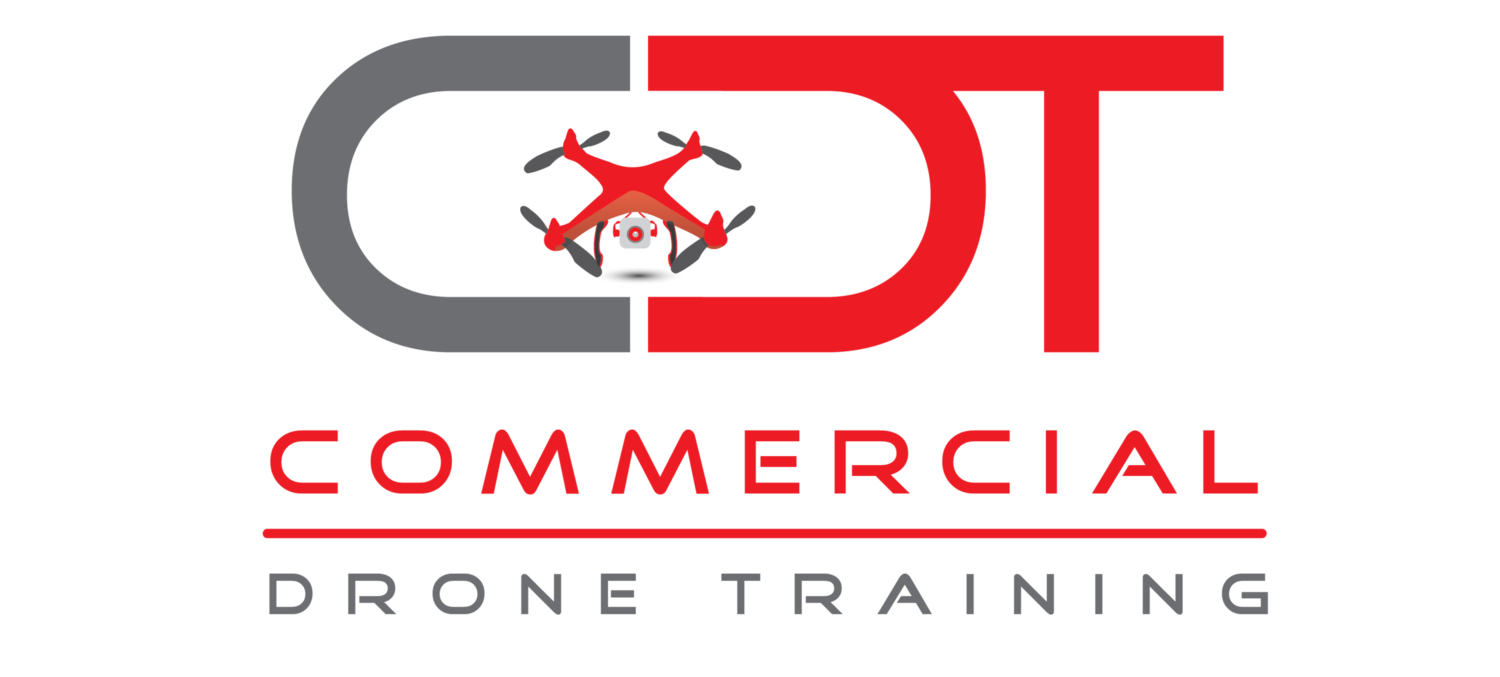Important A2 CofC & GVC Safety Information for operational authorisation (OA) holders
Following the CAAs analysis of a recent Unmanned Aircraft System (UAS) accident and ongoing incoming occurrence reports, the CAA are reminding OA holders (via email) of UAS OA that they must always fly within the conditions and validity periods of the OA issued to them by the CAA.
They reminded remote pilots that flying within the conditions defined in a valid OA is essential because it is how the safety risks associated with the operation have been accepted by the CAA as being managed to a tolerable level.
They state OA holders may also be committing a criminal offence if they fail to do so.
Key messages
1.You must conduct operations;
Within the conditions of your OA.
and;
Within the validity period of the OA.
2.Failing to adhere to the conditions of the OA could result in enforcement action from the CAA and potential prosecution.
The offences are set out in articles 265A (for the UAS operator) and 265B (for the remote pilot) of the CAP 393 - Air Navigation Order 2016 (ANO).
3. The requirement in law is set out in Article 241 of the ANO is:
A person must not recklessly or negligently cause or permit an aircraft to endanger any person or property.
Even though some authorisations may permit overflying uninvolved people, this must only be done when safe to do so, and all considerations including safety and risks must be assessed by the operator before flight.
The guidance on flying over uninvolved persons is found in CAA Safety notice SN-2020/002 and should be followed.
Commercial Drone Training (CDT) are a UK CAA registered drone examination centre offering the GVC & A2 CofC course through a traditional instructor led drone ground school route and A2 CofC online courses.
